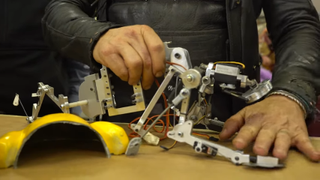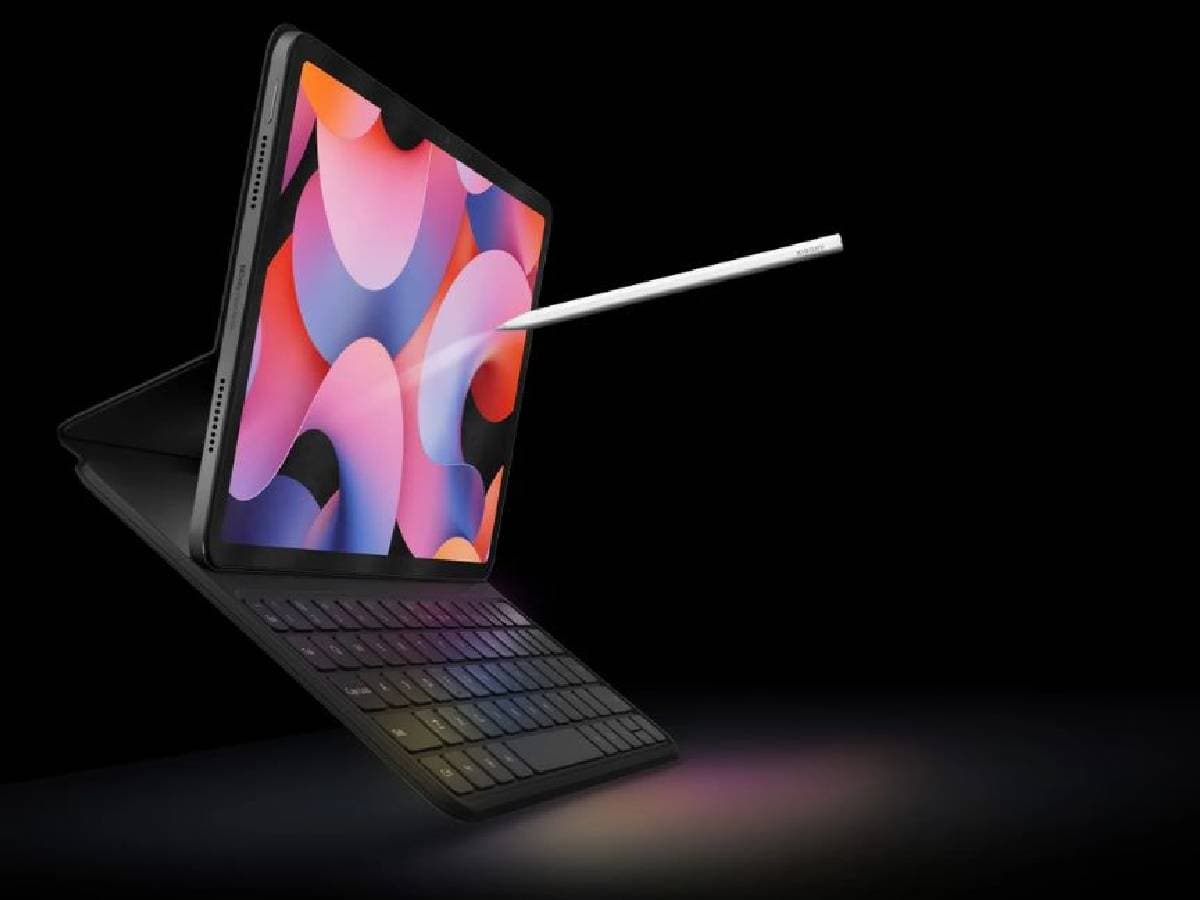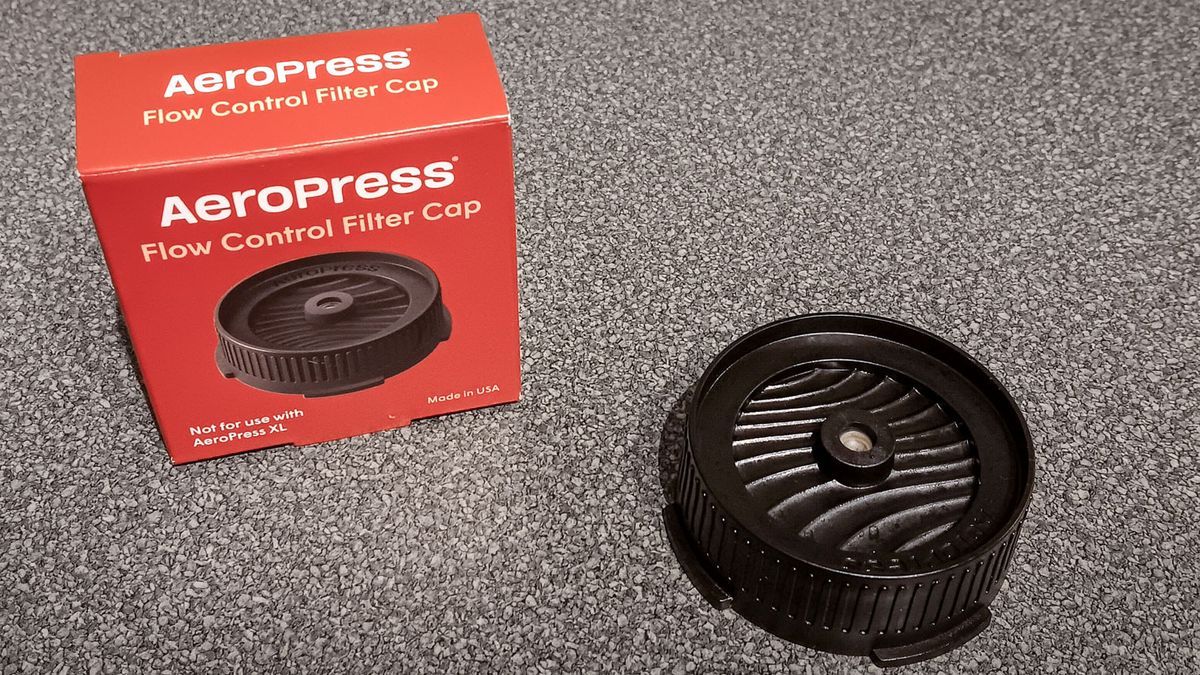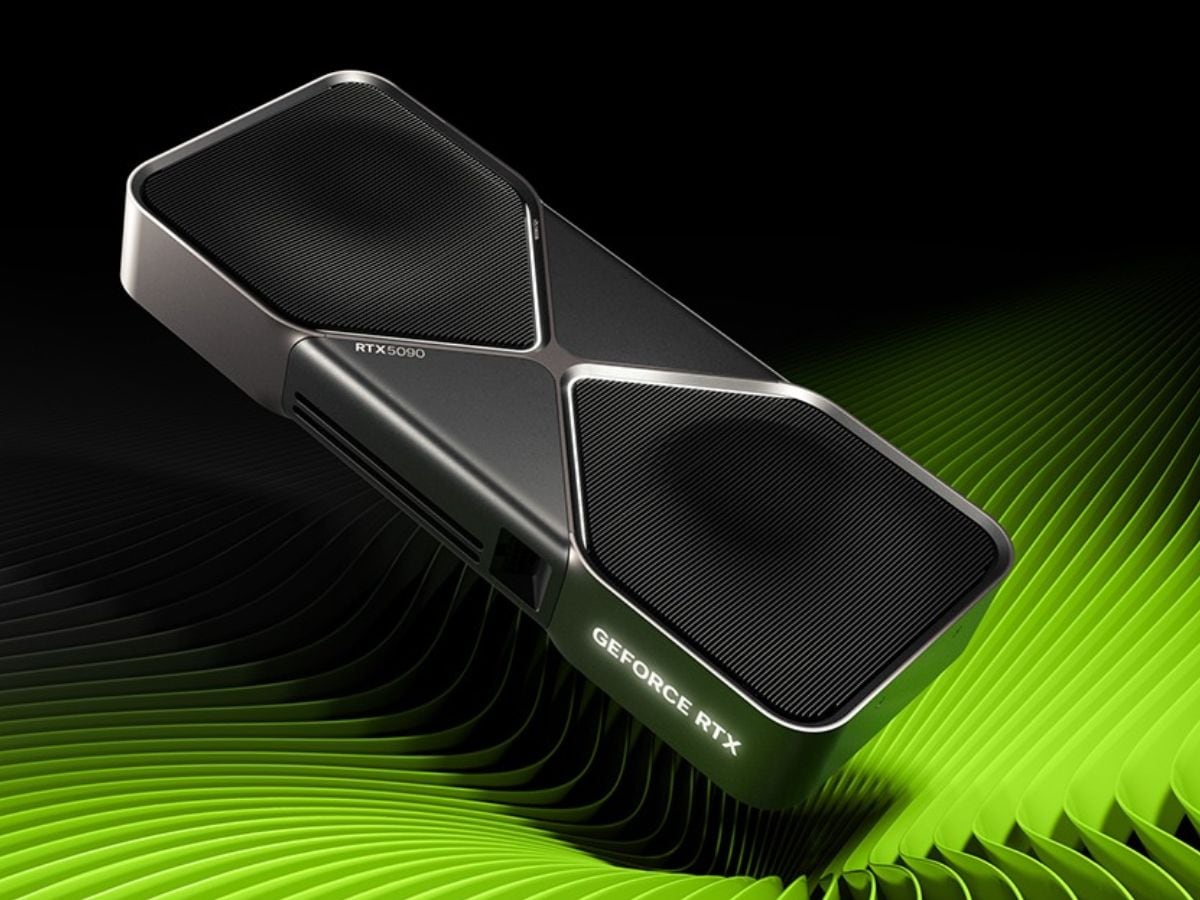When I arrived at CES 2025, I expected to be wowed by the latest wearables, AI breakthroughs, and cutting-edge medical devices. What I didn’t expect was to fall in love with a robot puppy named Jennie.
Developed by Tombot, Jennie is no ordinary tech innovation and caught me off guard with her adorable mannerisms, furry face and wagging tail. As a registered nurse, I’ve seen the transformative power of therapy animals for patients battling dementia, anxiety, and loneliness. I have also seen the healing power that only the love from a pet can provide, the relief and distraction from pain a cuddle session can bring, and I truly appreciate the science behind the chemical reaction that seeing an adorable animal can bring us. But for many, owning and caring for a real pet simply isn’t that simple. Jennie is looking to change that.
I walked into CES expecting to see the future of tech, but Jennie showed me the future of compassion.
Tombot CEO Tom Stevens came up with the idea for Jennie based on his own personal experience. After his mother was diagnosed with behavioral and psychological symptoms from dementia, or BPSD, Stevens had to rehome her beloved dog for safety reasons. This decision led to a profound decline in her mental and emotional well-being. He quickly realized that there was an unmet need for accessible emotional support animals for seniors, especially those who couldn’t care for a live pet. Motivated by this gap, Stevens set out to develop a robotic dog that could offer the same companionship without the associated risks.

Creating Jennie involved a rigorous research and design process. Tom and his team performed a number of studies that included real dementia patients to ensure they were fully educated on the needs of elderly patients and the benefits of animal-assisted therapy. With insights from experts, professionals, and those with BPSD, Stevens partnered with Jim Henson's Creature Shop to build a robotic dog that not only mimicked real canine behavior but was also safe and simple for seniors to interact with. The goal was to create an engaging and comforting companion, with careful attention paid to both her functionality and appearance.
Designed to simulate a real dog’s behavior, Jennie features touch sensors that allow her to respond to interaction. For example, when you scratch her cheek, Jennie nuzzles in, interpreting your touch as a cue for affection. Her voice command system lets you address her by the name of your choice, and she’ll respond with sound or movement. The sounds she makes are based on actual 12-week-old Labrador puppies, making her responses feel more natural. Jennie’s rechargeable battery ensures full-day use, and her accompanying smartphone app allows you to personalize her settings, including renaming her and installing software updates.

While Jennie was designed with dementia patients in mind, her benefits can extend to a wide range of people. In nursing homes, Jennie can bring joy and emotional support to residents who might otherwise feel isolated. She’s also a potential vital companion for use in children’s hospitals, offering comfort to young patients undergoing treatment, with no concerns for allergens, phobias, or contaminants for the immunocompromised. For individuals with autism or PTSD, Jennie provides a non-judgmental companion that helps reduce anxiety and stress. Even for those who are just not ready for the responsibility of a real pet, Jennie offers the warmth and connection of a furry friend.
Jennie lacks the true unpredictability and emotional depth of a living animal. While she can provide comfort and companionship, she cannot replicate the dynamic bond that forms between humans and pets, potentially limiting her effectiveness in certain therapeutic settings. Likewise, her reliance on technology means she may not be accessible or useful for all users, especially those with limited access to smartphones or technological skills. We did run into that issue with the chaotic limitations of CES Wi-Fi, as she did experience some freezing and restarting problems without a steady connection, however as she is still in Alpha, these hiccups may not be the same for Tombot’s finished furry friend.

Despite this, Jennie represents the future of innovation in the field of emotional support. While she may not entirely replace the joy of having a real pet, her lifelike movements and responsiveness offer a significant benefit for people who are unable to adopt or care for a live animal. Designed to mimic the behaviors of a real puppy, Jennie is more than just a cute gadget—she’s a lifelike companion with the potential to revolutionize emotional support and elder care. I walked into CES expecting to see the future of tech, but Jennie showed me the future of compassion.
More from Tom's Guide
- A content creator’s guide to surviving CES 2025: what’s in my tech bag
- These are the 7 best smart glasses of CES 2025
- I tracked my day at CES with the new Garmin Instinct 3 and walked over 17,000 steps





















 English (US) ·
English (US) ·